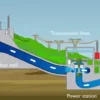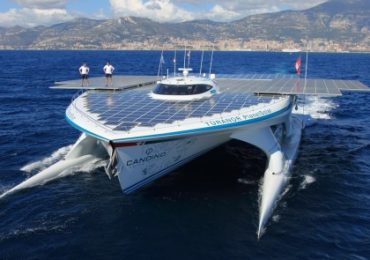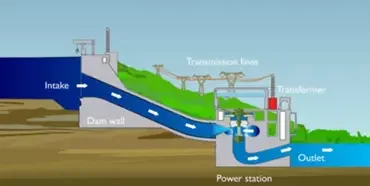Sunlight can be used as a source of power for a residential home. There are many features and benefits of a solar energy solution for use at a residential home. This is an alternative to the use of electricity to supply power to a home. Solar energy is cost-effective and can even be sold back to the local utility. If a homeowner is interested in solar energy, then some research will be necessary.
The Benefits
Adding a solar energy solution to a residential home will qualify for a federal tax credit. The credit will equal about 30 percent of the cost for a new system. This can be up to $5,000 or more. Solar power is an option for property owners to lower energy costs each month. Switching to solar energy will help lower monthly expenses by eliminating or reducing monthly electricity bills. A solar power system added to a home also increases resale value.
Solar Energy Is Abundant
Sunlight is abundant throughout the year. This includes the months during winter when the sun’s will be infrequent. This means the amount of solar radiation will be lower. However, sunlight is a resource that is available everywhere. Sunlight can be collected by a solar energy system even on days when there is significant cloud cover. The sun is one of the best sources of renewable energy.
Sunlight Is Free
The light and energy we get from the sun is free. This means there is no cost for energy that is available after a solar energy system is installed for a residential home. The homeowner will then begin to recoup the installation costs of the system. A homeowner will see savings starting the next month when there is no bill received from the local electric utility company.
Cost-Effective
The production of solar energy systems continues to decrease. This will mean the availability to have a solar power system installed for a residential home will continue to increase. Many places where prices for electricity are high will typically see a shorter payback time. This may be as little as five years after a solar energy system is installed.
Environmentally Friendly
Energy from the sun is converted to electricity with no pollution being put in the air. Solar energy is the best alternative to coal and other fossil fuels that are used to produce electricity. This means the damage to the environment is significantly lessened. Another aspect of solar energy is no noise is being made when converting sunlight to electricity.
Few Limitations
A typical solar power system can be installed anywhere adequate sunlight is available. This can be in a remote area or any area where running power cables is prohibitively expensive.
Minimal Maintenance
A standard solar power array will last for many years will minimal maintenance. This includes the need to replace batteries that go bad to adding additional solar panels for increased energy. The need to have a system revamped will typically not be necessary after the initial installation.
Combining energy-efficient appliances to complement a solar energy system will help to further lessen a monthly utility bill. A homeowner will save money while being environmentally friendly.








